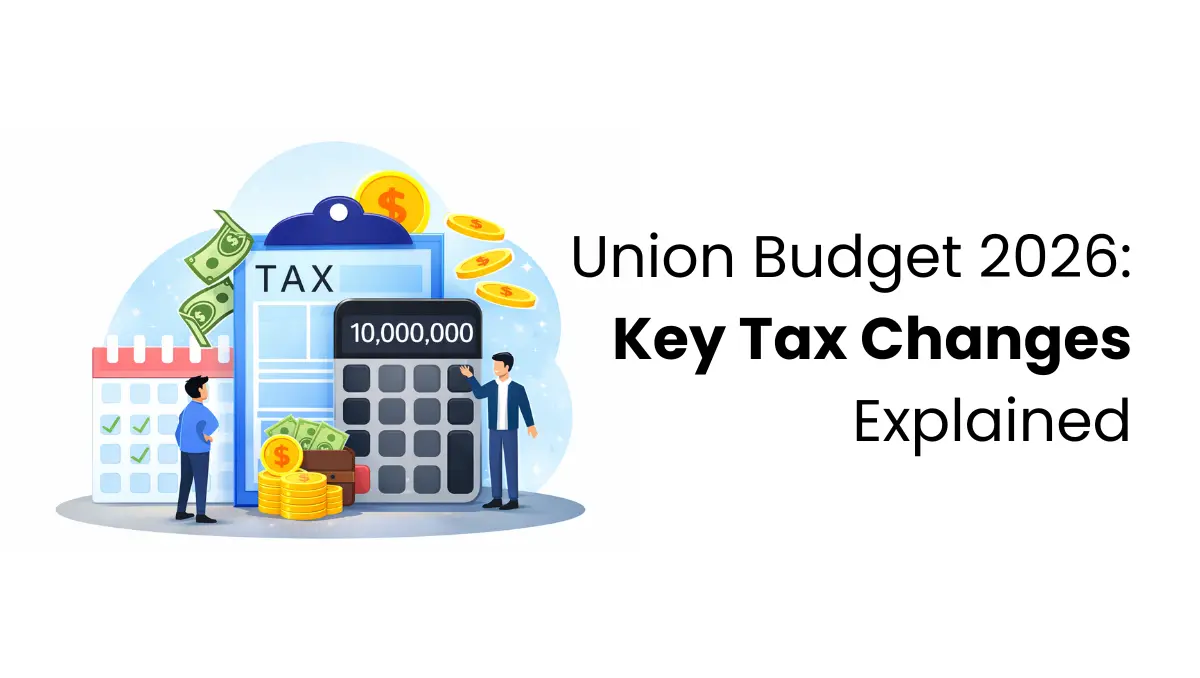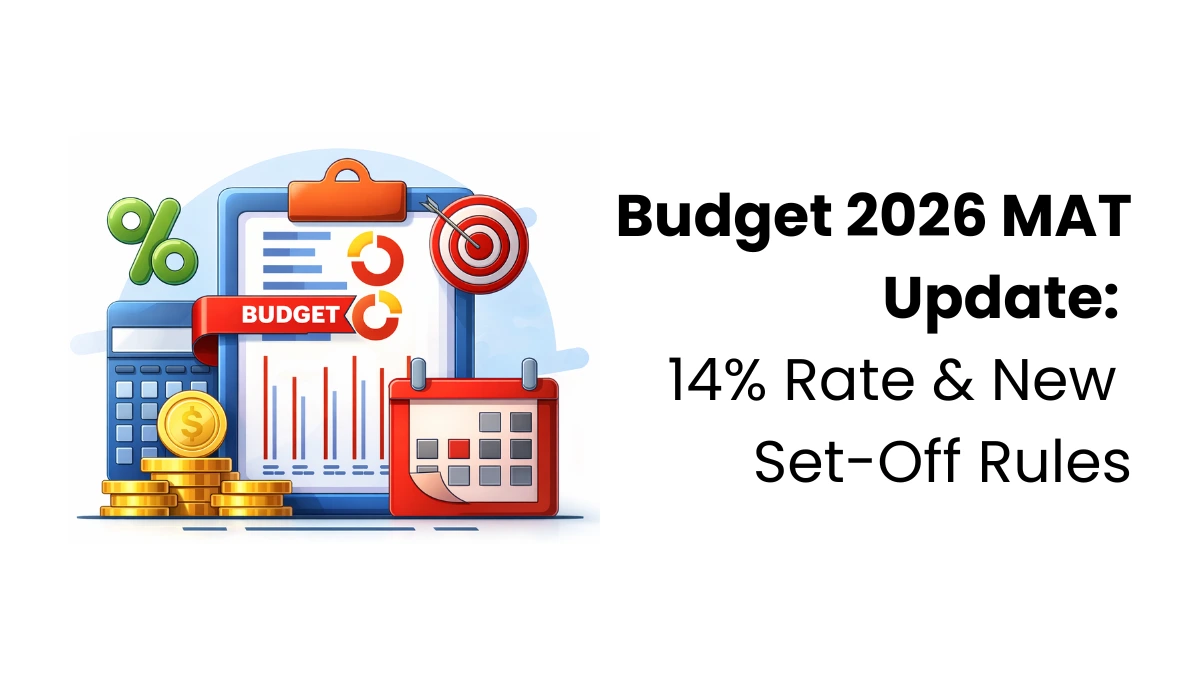Undertaking a course in accounts enhances skills and knowledge, and it helps to keep the financial reports of a company or business. To venture into this path, the person needs to observe and learn to handle actual revenues and transactions and examine records. Organisation skills are necessary for this.
An accountancy certificate is considered valuable. Hence, we recommend that the individual undergo rigorous training in the career chosen and get certified. The individual will specialise in money management and keep financial records and reports.
What is the role of an accountant?
An accountant has the responsibility of preparing an organisation’s budget. They will advise how to scale back on the costs, raise the revenue and profits, and oversee the tax calculation with on-time payment. They will also maintain records and statements suited as per the law, check account books and accounting systems to keep themselves updated and provide auditing services to the organisation as and when needed. They create financial backups to secure the data and play the role of a financial advisor.

Course in Accounts: Key Points
The critical points of an Accountant: Audit, Analysis, Balance, Budget, Calculation and Advice.
The reason behind the demand for accounting courses
There are reasons why an accountant is always in demand. They are reformation in tax laws, a constant change in financial regulatory norms, a rise in the global commercial business, and the re-evaluation of financial controls. These factors give rise to the demand for skilled accountants in the private, public and NGO sectors that have paved the way for the growing need for accounting courses.
Types of Accounting
There are distinctive divisions of accounting, each tending to a particular purpose for the course of the accounts. It is for the clarity of various accounting systems that helps collect and legibly keep a straight record in different reports.
Managerial Accounting:
This is the importance of providing information for internal users and management use. It meets the need of the management rather than the general concepts of accounting principles while also including cost analysis, evaluation of business decisions, financial analysis, etc. After this course, the available jobs are Managerial accounting, Cost controller, corporate tax consultant, Industrial accountants, and Private accounting.
Tax Accounting:
Tax accounting is entirely on the rules set by the tax authorities and the means to guide the clients. It covers tax planning and preparation and offers opinions on income tax and other taxes. It also deals with the evaluation of tax decisions and additional tax-related terms. Upon completing the course, you can choose a job position as a Tax Consultant or Tax accountant.
Forensic Accounting:
In this course, an individual prepares about fraud investigation, court and litigation cases, financial claims and dispute resolutions, and legal matters. Forensic Accounting is one of the popular courses in accounting.
Financial Accounting:
During this course, outlining and classifying details of business transactions and preparing and presenting financial statements, which both external and internal users use, are taught.
Cost Management Accountant (CMA):
In this particular field, a CMA will enact the role of collecting financial documents from all departments of a company. Hence, the individual is competent to manage all the financial matters of an organisation.
Public Accounting:
The accountants will give financial solutions to businesses, individuals, governments and non-profit organisations. They will prepare financial statements and tax returns and guide them through transactions. The career for this particular area has Transaction Advisory, Due Diligence, and Valuations.
Audit:
After completing this course, one can opt for a career in Auditing. It is a process of calculating the budget and evaluating its financial statements.
The salary package of accountants
A financial accountant, as a fresher, can easily make an average of ₹3 lac per annum. But someone who has an experience of 1-4 years of experience may receive an average remuneration of ₹3.5 lac per annum. An experienced Financial Accountant can earn ₹6lac and more.
Employment
Accountancy careers can never fade as long as money and businesses exist. And also, career growth is stable and steady. Job security, flexibility, enhanced prospects, financial rewards etc., are some of the perks of Accounting. After the course completion, you can choose to be a Finance Manager, Financial Advisor, Certified Public Accountant, Chief Financial Officer, Chartered Management Accountant, Company Secretary, Chartered Financial Analyst, Certified Internal Auditor (CIA) and Enrolled Agent (EA).
Be a Financial Accountant with Finprov Learning
Join your favourite accounting course with us. We offer CBAT, PGDIFA, PGBAT, CMA USA, Practical Accounting in Malayalam and English, SAP FICO, SAP MM, GST, Income Tax, Advanced MS Excel, Diploma in Indian Accounting and more.










